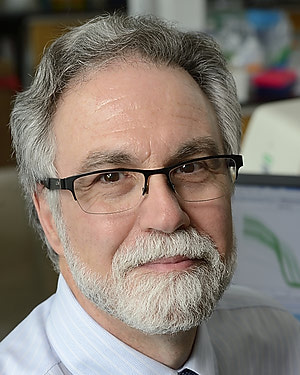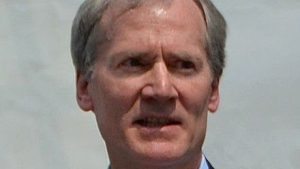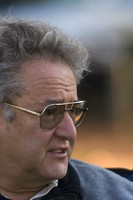The entire editorial board of a sociology journal has resigned after they say that the publisher, Springer Nature, installed new editors-in-chief without consulting the board — but Springer Nature says they tried unsuccessfully to engage the board on planning going back at least five years.
In December 2023, senior editors of the journal, Theory and Society, learned Springer Nature “had opted for a ‘completely different view’ of the journal going forward,” according to a message shared on a listserv for the American Sociological Association and published on the blog Scatterplot. The 10 senior editors subsequently resigned, they told their colleagues, but didn’t offer additional details.
On January 4, the journal’s corresponding editors also resigned, according to a resignation letter shared with the sociology listserv. The corresponding editors cited Springer Nature’s decision to replace Janet Gouldner, the former executive editor (and widow of the journal’s founding editor, Alvin Gouldner), without consulting the rest of the editorial board. They wrote:
Continue reading Sociology journal’s entire editorial board resigns after Springer Nature appointed new leadership







